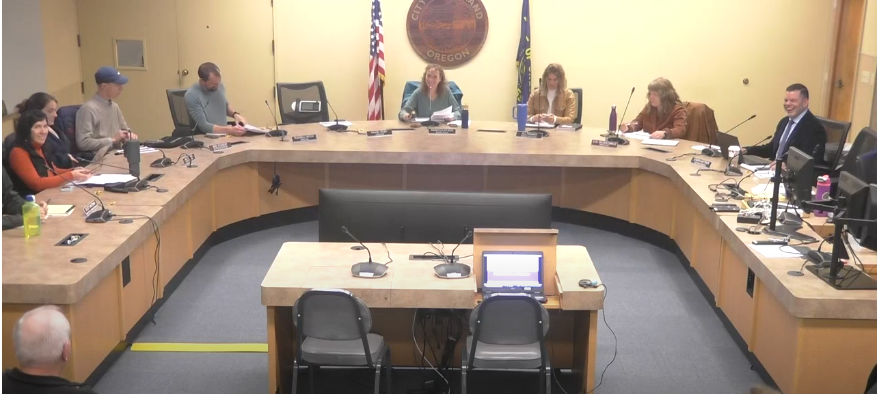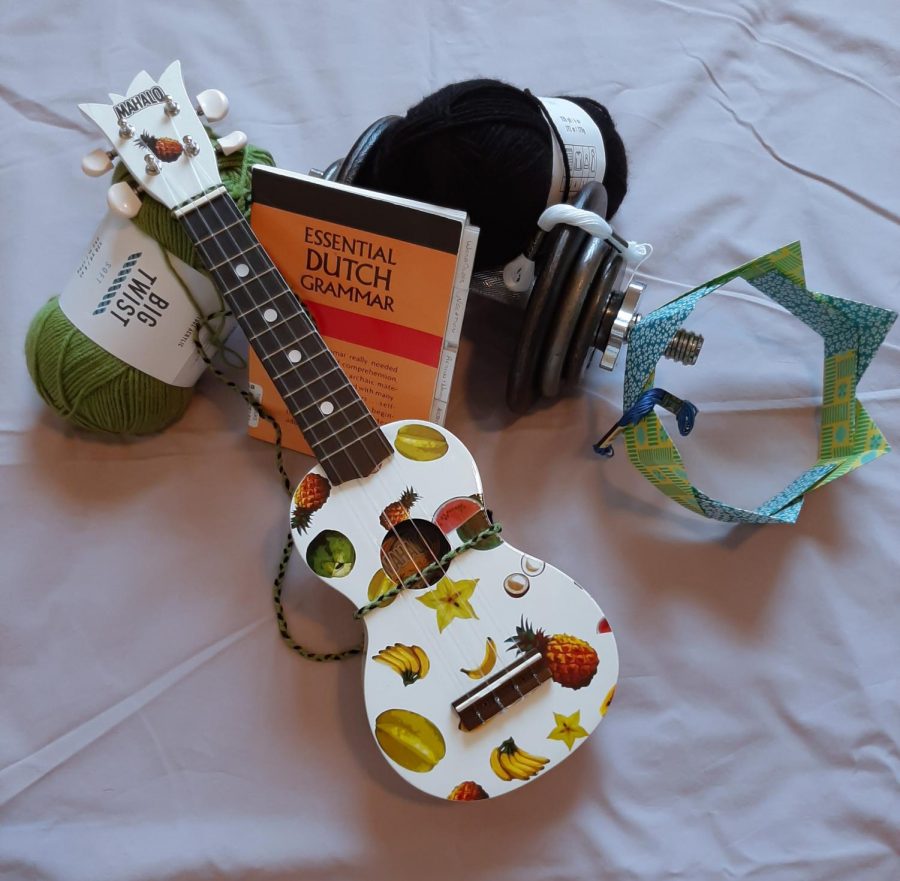Whether we are aware of it or not, most of us know somebody with a disability. Whether physical or mental, many people are diagnosed with a disability, and many others suffer without professional insight. For Meghan Rose McKeever, a graduate of Ashland High School’s class of 2013, disability was a constant force and, in many ways, shaped who she became.
McKeever was six years old when she was diagnosed with trichotillomania, a medical condition that makes a person pull out their hair. “No matter what a lot of people say, it is not a habit, this is a legitimate medical issue,” she attests, and according to the National Institute of Health, approximately 4% of the US population is affected by the disorder, which is classified as an impulse-control disorder in the DSM-V. However, McKeever reminds, this number is very possibly lower than the truth. “Trichotillomania is the kind of condition that breeds shame, and there’s so many people who just think they’re freaks and don’t talk about it.”
McKeever is not afraid to admit that when she was younger, she grew to hate herself and her body for something she couldn’t control. Sometimes her bald spots would be extremely noticeable, and she was bullied because of how she looked and acted. As a girl, and as a young woman, she says it was awful. Those are the years that kids of all genders are judged for things they can’t change, control, or even understand, and discrimination based on appearance, expression, and biology make it even harder for some.
As McKeever grew older, she was lucky to have people around her and supporting her. She learned to turn her experience into confidence rather than fear and vowed to help others in similar situations. Currently, she is helping to coordinate a collaborative book project about herself and other people who have had to overcome trichotillomania (who she affectionately deems “trichsters”). She wants to bring awareness to the issue and prove that people don’t have to be ashamed of their disabilities. She says it will be a huge project, full of art and stories from people around the world.
On the topic of how people can make a change for the better, McKeever says that “society can stop judging people on how they look—on what their hair looks like. It can stop demeaning mental illness and take things seriously… Individuals can help by being open minded and real about mental illnesses. People are not their hair, and others need to see that.” She wants to put out a reminder to the members of our community, and especially the students of Ashland High, who are currently suffering from mental illnesses, that “it’s not your fault. It does get better, recovery is possible and you are incredibly strong. You are a victor in the making, not a victim.”
“Really though,” She concludes, “when it gets down to it, just be kind.”




